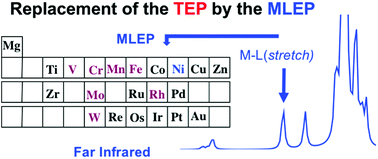It is that time again when we take a look back at the work published in the previous year and how it is being received by the Inorganic Chemistry community. These Perspective and Frontier articles are among our top cited and downloaded review articles of 2017 providing valuable insight into the latest advances and trends for the community.
The full list of Perspective and Frontier articles published in 2017 can be found here.
|
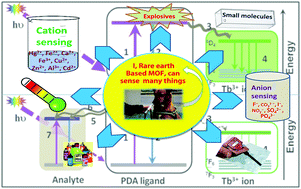 |
|
| Functional metallosupramolecular architectures using 1,2,3-triazole ligands: it’s as easy as 1,2,3 “click”
Roan A. S. Vasdev, Dan Preston and James D. Crowley Dalton Trans., 2017,46, 2402-2414 Self-assembled metallosupramolecular architectures generated using “click” ligands have become an increasingly popular area of inorganic chemistry. |
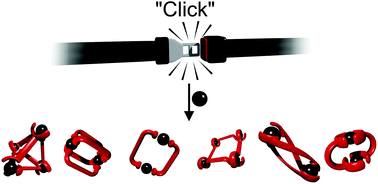 |
|
| Alkynyl-protected gold and gold–silver nanoclusters
Zhen Lei, Xian-Kai Wan, Shang-Fu Yuan, Jia-Qi Wang and Quan-Ming Wang Dalton Trans., 2017,46, 3427-3434 Alkynyl-protected coinage metal nanoclusters show new structural features and have interesting luminescence properties and catalytic behavior. |
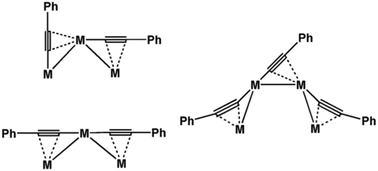 |
|
| Copper(I)–NHC complexes as NHC transfer agents
Fady Nahra, Alberto Gómez-Herrera and Catherine S. J. Cazin Dalton Trans., 2017,46, 628-631 The latest advances involving the use of copper(I)–NHC complexes as NHC transfer agents are described. |
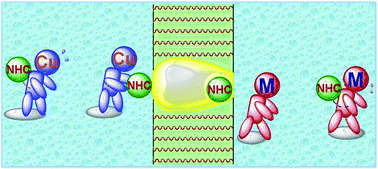 |
|
| Generalization of the Tolman electronic parameter: the metal–ligand electronic parameter and the intrinsic strength of the metal–ligand bond
Dieter Cremer and Elfi Kraka Dalton Trans., 2017,46, 8323-8338 Dieter Cremer and Elfi Kraka The MLEP is a new, generally applicable measure of the metal–ligand bond strength based on vibrational spectroscopy, replacing the TEP. |
|
|
| β-Diketiminate complexes of the first row transition metals: applications in catalysis
R.L. Webster Dalton Trans., 2017,46, 4483-4498 Although β-diketiminate complexes have been widely explored in stoichiometric studies, their use as catalysts is largely underdeveloped. |
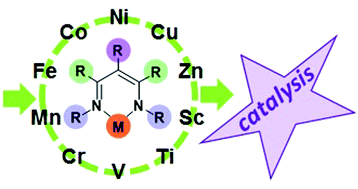 |
These articles are free to view until 15th February 2018
Submit your research or reviews to Dalton Transactions– see our author guidelines for information on our article types or find out more about the advantages of publishing in a Royal Society of Chemistry journal.


